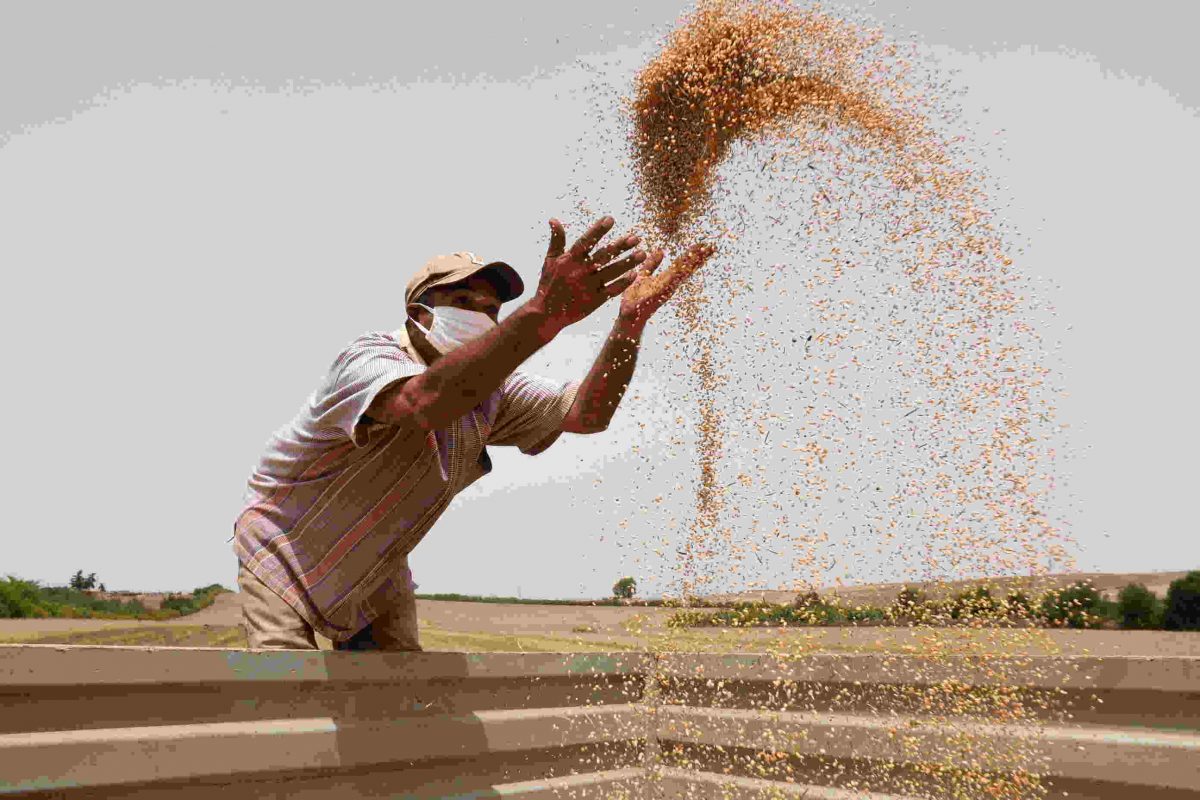Prime Minister Narendra Modi’s message was clear as he addressed the G20 Agriculture Ministers’ summit in Hyderabad today—that India will not only be the voice of the Global South but is ready to play a crucial role in maintaining global food security amid rising climate risks while taking a lead in charting out new dynamics to address those challenges.
Modi, who delivered his speech virtually, said that there is an “urgent need to reduce agricultural and food waste, and instead, invest in creating wealth from waste,” amid these risks, which impact the Global South the most.
According to the Food and Agriculture Organization, about one-third of the food produced by farmers in low- and middle-income countries is wasted between the farm and the market.
A changing climate may worsen food losses in a global food system in which massive amounts of food are already lost or wasted, it said, adding that climate change may also increasingly affect water resources for food production as it alters the rates of precipitation and evaporation as well as groundwater levels.
The Global South represents more than 80 per cent of the world’s population and 39 per cent of the global GDP. Erratic climatic conditions have already started to cause worries for several countries.
Earlier this month, heavy rains in several parts of China damaged swathes of wheat crops. Last year Pakistan’s devastating floods brought about unprecedented challenges.
“Climate Change is causing extreme weather event more and more frequently. These challenges are felt most by the Global South,” Modi said.
With the rise in climate threats, Modi and his team have already pressed the pedal on increasing production of millets, nutritious short grains that can withstand extreme weather conditions. Importantly, these are carbon-neutral crops as well.
Millets, touted as super foods or Shree Anna, are resilient to hot and drought like conditions and can even be grown at over 60 degrees centigrade. An acre of paddy would require about 1,200-1,500 ML of water. Millet farming per acre requires about half that– 600-800 ml of water.
In general, more than 97 per cent of millets production and consumption is by developing nations.
With the promotion of these nutritious short grains, India which is observing 2023 as the International Year of Millets, has also managed to position itself as the seat of wellness and health.
Modi said that building sustainable and inclusive food systems with the focus on marginal farmers would be crucial. “We must find ways to strengthen global fertilizer supply chains,” he said, adding that the broken supply chain owing to the Covid 19 pandemic has been further dented due to the impact of geopolitical tensions.
India, the largest exporter of rice in the world, has been actively providing food grains to several vulnerable countries as part of its humanitarian assistance programme even as wheat exports were halted last year due to domestic requirements. In March New Delhi sent 20,000 metric tonnes of wheat to Afghanistan. Apart from Afghanistan, India has sent food grains to several other countries Sri Lanka, Bangladesh, Maldives, Israel, Indonesia, Malaysia among others.
“We have enough food grain stock with us and if vulnerable countries need food supply India will be ready to help,” a senior government official said.




















